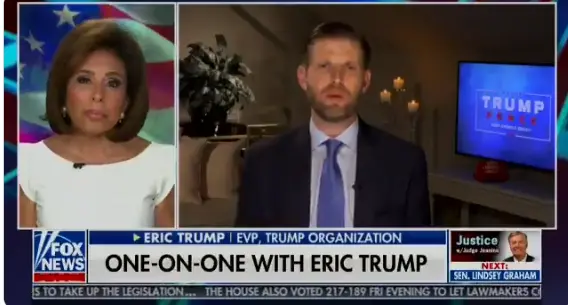EU's foreign policy chief Catherine Ashton and Iranian Foreign Minister Mohammad Javad Zarif announced on Thursday the timetable for the next round of Iranian nuclear talks.
At a joint press conference, speaking of the nuclear talks between Iran and the P5+1 -- China, Britain, France, Russia, the United States plus Germany -- in Vienna, Ashton said we had "three very productive days," during which, all the involved parties discussed "all of the issues we need to address in reaching a comprehensive final agreement."
"We have set a timetable of meetings, initially over the next four months with a framework to continue our deliberations," she said.
Ashton also said that there is a lot to do and it would not be easy, but she stressed that "we made a good start."
She said that technical experts will meet in early March and the involved parties will reconvene for the next world powers' political directors' meetings led by Ashton and Zarif in Vienna on March 17.
A senior U.S. official from the state department confirmed the talk made some progress.
The talk "begins to see some area of agreement", the official said anonymously, but also implied there are many uncertainties in the future talk.
"All of our concerns must be met in order to get a comprehensive agreement," the official said, emphasizing "we have much much work to do."
On Israel's zero tolerance to Iranian uranium program, the official said "it's important to consult, to listen to our allies and partners around the world."
Israel threatened to attack Iran's nuclear facilities if diplomacy failed to resolve the issue, while Iran said it would never give up its right to develop peaceful nuclear program.
During the negotiation, the Iranian government had been instructed to take precautionary steps in case the talks fail and the head of the Revolutionary Guards warned the Iranian negotiators against concessions that could tarnish the nation's pride, the rhetoric reflected the difficulties and pressure Iranian negotiators faced with.
Meanwhile, it was also hoped that the talks could bring a long-term resolution, which would lead to sanction relief, the main headache of the oil-depending gulf country.
Iranian President Hassan Rohani and his team is seeking to improve the relation with the west while addressing the doubt and opposition from domestic political stream.
The future talk could be even tougher, as the key issues including Iran's 20 percent uranium enrichment, the heavy water reactor and missile program have been on the table, but not resolved for years.
West fears that Iran might already technically approach the so-called nuclear threshold, as Iran might be able to produce enough fuel to make a nuclear bomb.
West suspects the Iran may use centrifuges installed in Fordow underground uranium enrichment plant which could resist the air strike to produce enough fuel for a nuclear weapon if further enriched, and the Arak heavy water reactor (IR-40) which could yield weapon grade plutonium while feed by natural uranium is a big source of concern.
 简体中文
简体中文

